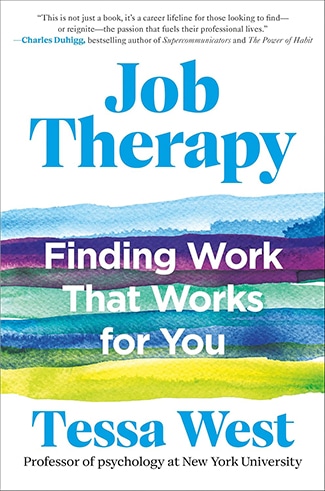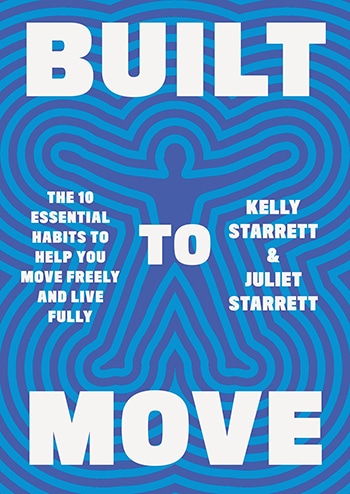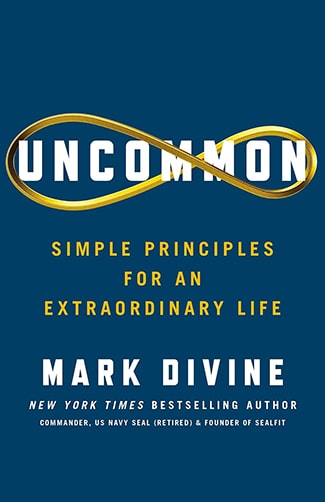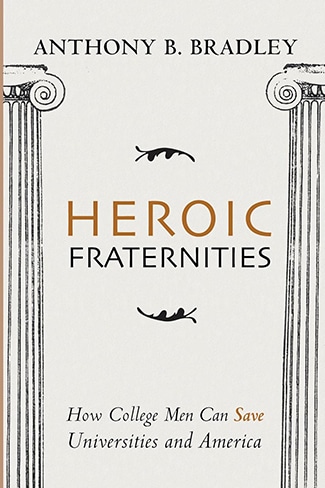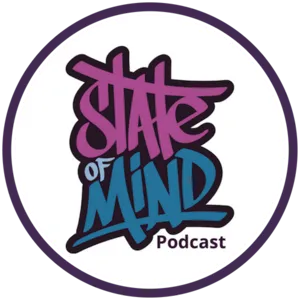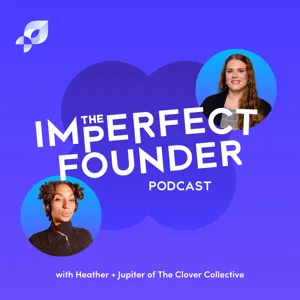Podcast Summary
The cultural expectation of self-improvement throughout history and its influence on our society.: Examining the origins and principles of self-improvement can help us make informed choices about personal growth in today's society.
Self-improvement is not a recent phenomenon, but rather a deeply ingrained cultural expectation that has been present throughout history. It is fascinating to discover that the concept of self-improvement can be found across cultures and has evolved based on each society's understanding of selfhood and the relationship between the individual and society. Self-help, as a genre, holds significant ideological power and influences our aspirations, values, and behaviors on a large scale. It is essential to critically examine self-help literature and question the meaning and definition of self-improvement in our current society. Understanding the origins and underlying principles of self-improvement can help us navigate and make informed choices about the ways in which we seek personal growth and development.
The Evolution of Self-Improvement Throughout History: Self-improvement has always been a fundamental aspect of human nature, with ancient civilizations and modern authors alike offering guidance and insights into personal growth and societal issues.
Self-improvement is a timeless human desire that can be traced back to ancient civilizations. It is intricately related to learning, self-knowledge, and growth. While some critique self-help as a new liberal creation that distracts us from structural forces, the desire to self-improve has always been a part of what makes us human. Self-help as a specific genre emerged in the 19th century, but ancient advice literature aimed at improving ourselves can be found in Ancient China and Ancient Greece. Today's self-help literature is often written by self-help authors, but in the past, it was theologians, religious sages, and philosophers who provided practical advice and guidance. Although modern philosophy has shifted its focus, there is a growing demand for intelligent, deep self-help that reflects on broader philosophical debates and societal issues. Ultimately, self-improvement literature not only helps individuals but also provides insights into different cultures and historical moments.
Cultural Reflections and Societal Shifts: Understanding Self-Help Literature: Self-help literature offers valuable insights into a culture's beliefs, societal changes, and shifts in values, showcasing the evolving emphasis on virtues and character development to individual success and skills.
Self-help literature provides insight into a particular culture's values, aspirations, fears, and anxieties. It reflects a culture's conceptions of self-hood and the connections between the mind, body, and society. Self-help texts are not just about practical self-improvement advice but also about philosophical and political assumptions regarding human nature. Different cultures and time periods emphasize different principles and values in their self-help literature. For example, ancient texts focused on virtues and sustainable character work, while modern self-help tends to emphasize skills and individual success. This shift reflects a societal move from a relational and community-oriented culture to an atomistic and individualistic society. Ultimately, self-help literature acts as a barometer of a culture's values and aspirations.
Self-improvement: Enhancing ourselves for the betterment of society: Self-improvement involves understanding our own strengths and weaknesses, and using that knowledge to make a positive impact on others and our communities.
Self-improvement, as described by Anna Schaffner, is not just about personal enhancement, but also about contributing to society and finding our place within it. She emphasizes the concept of Bildung, which encompasses holistic education, including our inner lives, moral sensibilities, and social learning. Self-improvement involves learning about our patterns, strengths, and weaknesses, and directing our energies outward to benefit others and our communities. Schaffner disagrees with the notion that self-help is selfish and narcissistic, instead seeing it as a means to become more relational and social. She criticizes damaging metaphors, such as the brain as a computer, and highlights the importance of recognizing our complexity as human beings. Ultimately, positive self-improvement allows us to give and engage better, focusing our attention on benefiting others.
Cultural Perspectives on the Self: Understanding the cultural influences on how we perceive ourselves is essential for personal growth and self-improvement. The concept of self-control, emphasizing temperance and avoiding extremes, is also important in this journey.
The concept of the self varies across cultures and time. In Western societies, the prevailing narrative portrays the self as autonomous and independent, with the ability to shape the external environment. On the other hand, many Asian societies view the self as relational and contextual, adapting and changing depending on the situation. These different conceptions of the self influence how we perceive ourselves, our relationships, and our environment. They also shape our approaches to self-improvement and therapeutic interventions. Understanding these base narratives is crucial before embarking on any journey of self-improvement. Additionally, the ancient concept of self-control is emphasized in many self-help books, highlighting the importance of temperance and avoiding extremes.
Embracing Self-Control and Acceptance for Emotional Well-being: By cultivating self-control and acceptance, we can bridge the gap between our rational and emotional selves, reducing negative self-judgments and creating a more balanced and fulfilling life.
Self-control and acceptance play significant roles in our emotional well-being. The idea of controlling our animal nature by exercising control over our minds, emotions, bodies, and drives makes us more human. While ancient stoics emphasized self-control through mind control, cognitive behavioral therapy still follows the core assumption that our thoughts and judgments determine our emotions. However, it is important to recognize that we are not solely rational beings and that constant reasoning to change our emotional states can drain our energy. Instead, acceptance and commitment therapy combines cognitive behavioral therapy with Eastern ideas of acceptance and mindfulness, allowing us to create a gap between our observing self and our true essence. By observing our thoughts and emotions with detachment, we can reduce the influence of negative self-judgments and unhealthy narratives. This practice of defusing from our thoughts can be a powerful tool in our daily lives.
The Revival of Humility in Modern Society: Cultivating humility and virtues is crucial for personal growth and societal harmony.
Both Eastern and Western cultures recognize the importance of becoming a virtuous person. In ancient times, virtues such as humility and altruism were greatly valued. However, in our modern age, these virtues have fallen out of favor. The idea of humility and recognizing our place in a larger community or order of things is experiencing a revival now. It is important to not take ourselves too seriously and to appreciate what we have rather than focusing on what we lack. Humility also involves acknowledging our limitations and blind spots. Cultivating virtues requires practicing good habits until they become a natural part of who we are. Both Eastern and Western cultures have emphasized the importance of shaping oneself into a virtuous person through rituals and habituation.
Genuine Virtue Requires Internalization and Willingness: Cultivate virtues genuinely, assimilate them into habits, and choose to do good naturally. Understand and empathize with others sincerely, building positive relationships without manipulative intentions.
Cultivating virtues and performing good actions should come from a genuine desire, rather than being forced or manipulated. According to the philosopher discussed, in order to be truly good, we must internalize virtues and assimilate them into firm habits, so that we naturally and willingly choose to do good at all times. On the other hand, trying to be virtuous by forcing ourselves or manipulating others may not lead to genuine goodness. It is important to understand and empathize with others, but not for the purpose of manipulation, but rather to establish effective relationships based on true attention and recognition. By making others feel important and appreciated, we can build positive and compliant relationships, but this should be done sincerely and without manipulative intentions.
Building Stronger Connections Through Genuine Interest and Attention: Genuine attention and curiosity are vital in establishing meaningful relationships, as they help create positive interactions and build stronger connections.
Establishing meaningful relationships requires genuine interest and attention. While Dale Carnegie's approach may seem transactional on the surface, the underlying principles of giving attention and being genuinely curious about others can lead to positive interactions. Attention is a valuable gift that we all crave, and by giving it to others, we can build stronger connections. This idea aligns with Simone Weil's perspective on love, which emphasizes the importance of paying attention to another person. While Carnegie's strategies may be effective in certain contexts, it is crucial to apply them authentically and not solely for personal gain. Ultimately, deeper relationships should be based on love, appreciation, and authentic interactions.
Taking Control of Our Happiness and Finding Peace in the Present Moment: By focusing on what we can control, accepting the present moment, and finding purpose, we can overcome challenges, find contentment, and live a happier and more fulfilling life.
We have the power to control our reactions and expectations, ultimately determining our own suffering and happiness. Marcus Aurelius, in his journal, teaches us that focusing on what we can control and letting go of what we cannot is the key to finding peace. Additionally, Anna Schaffner mentions "The Happiness Trap" which emphasizes acceptance and commitment therapy, teaching us to find contentment in the present moment rather than constantly striving for more. Viktor Frankl's "Man's Search for Meaning" highlights the importance of having a strong sense of purpose to overcome any challenges. Lastly, Eckhart Tolle's "The Power of Now" reminds us of the power of living in the present moment. To learn more about these concepts, one can visit Anna Schaffner's website and engage in coaching sessions tailored to individual needs.


